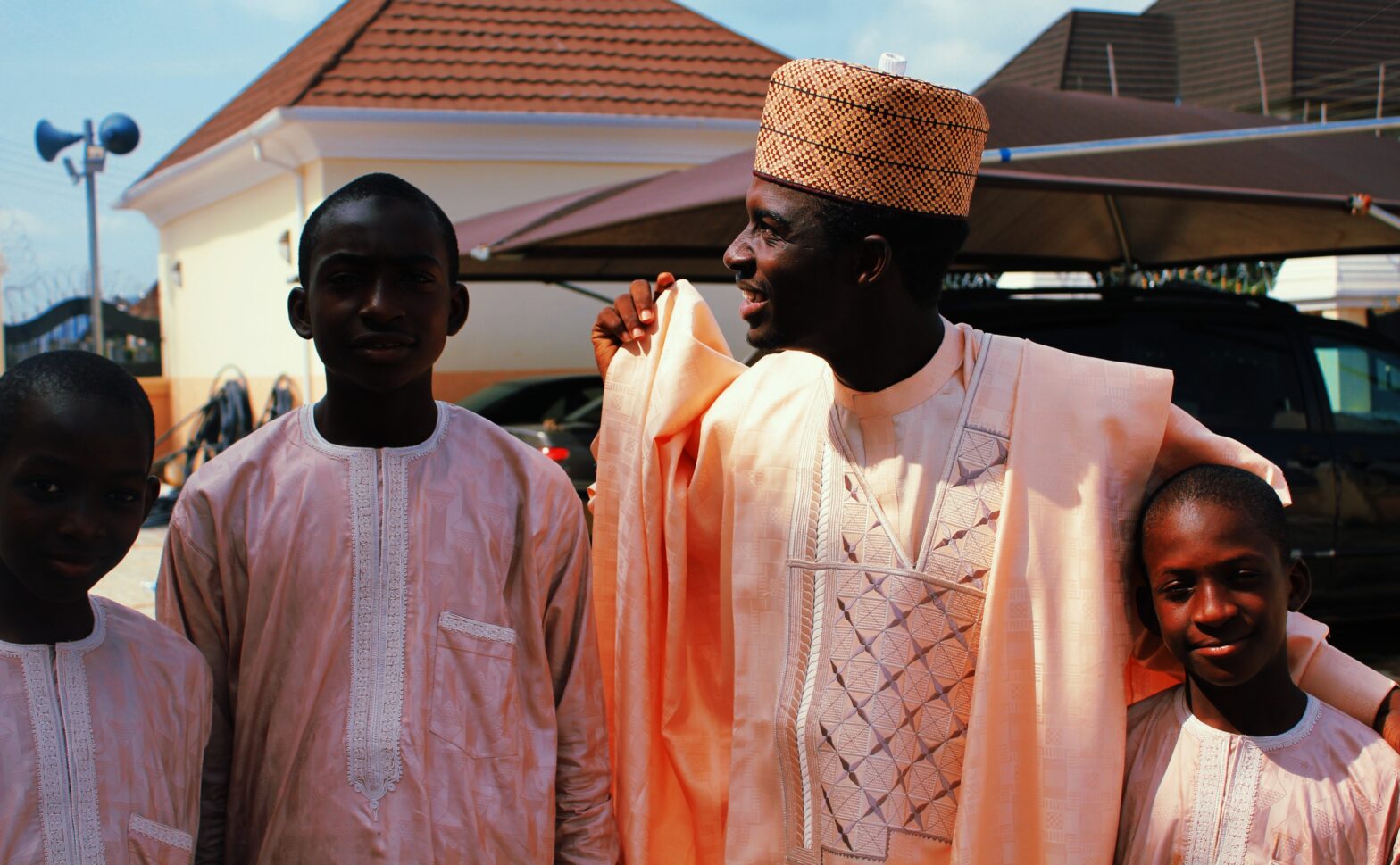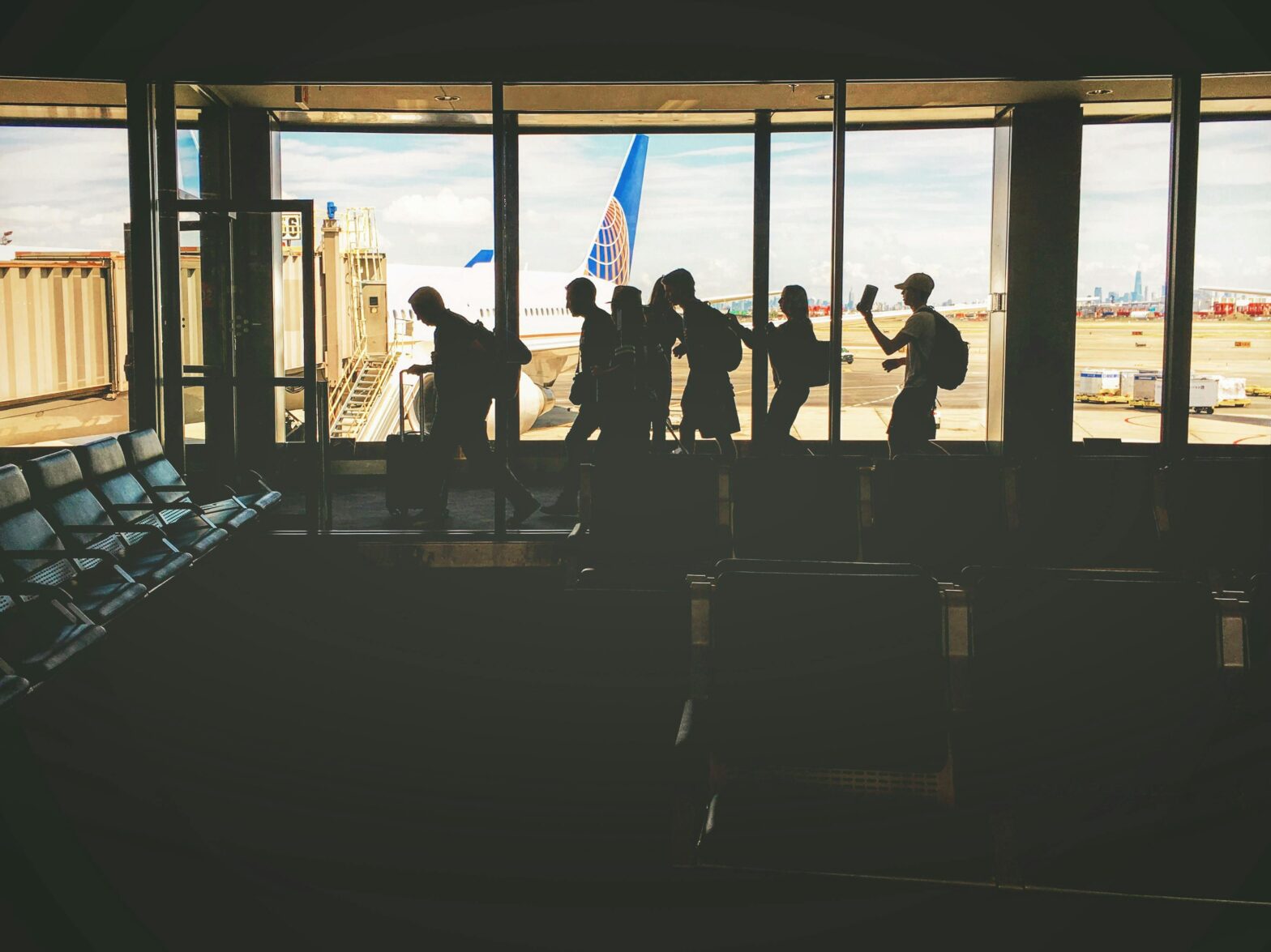On Sept. 22, 1960, Mali became a sovereign nation. It was at the mercy of the French, and the process of gaining autonomy was fraught with complications.
Similar to other African nations formerly under European rule, Mali has endured more than its fair share of social and political strife. However, this resilient nation is rich with culture and history. In fact, in its golden age, Timbuktu was an epicenter of learning in the Islamic world.
Here are some facts about the nation and its road to independence.
Independence Celebrations are Centered in the Capital
Independence Day events occur all over Mali. However, the highest concentration of them take place in the capital city of Bamako.
Last year, people gathered to sing the national anthem and watch the fighter jets. Some attendees wore the color of the flag: red, green and yellow.
Mali is One of the Largest in Africa
Of the 54 African nations, Mali is the eighth largest by area. Niger, Algeria, Burkina Faso and Mauritania border nation. The chief language is French, along with Arabic, Bambara and Tuareg.
A Long, Complex History
After gaining independence, Mali endured uprisings, droughts and over two decades of military dictatorship. Democratic elections weren’t held for the first time until 1992.
When France conquered the nation in 1898. French Sudan was the name of the country. The name changed to the Sudanese Republic in 1958. The following year, Mali and Senegal fused into The Mali Federation. After independence, the federation split apart, and the nation was born.
Modibo Keïta was the first president of newly independent Mali.
There Are Many Sites of Historical Significance
Recently, the Tomb of Askia and Timbuktu were added to the list of UNESCO World Heritage sites in danger.
Other important, manmade sites include the National Museum of Bamako and the Grand Mosque of Djeen. The mosque is a mudbrick building, making it distinct from any other Islamic house of worship.
Mali is home beautiful natural features, like Mount Hombori, the Hand of Fatima and the grotto of Fara Missiri.





